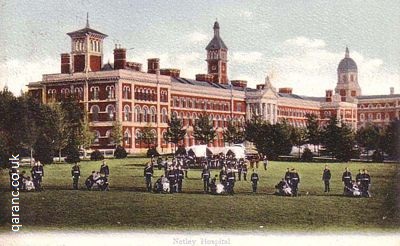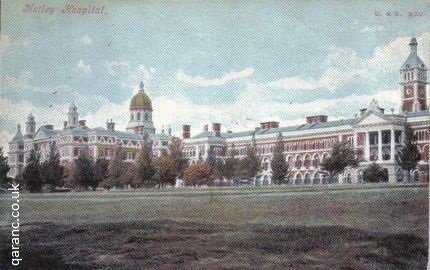Malalai of Maiwand
Jul. 3rd, 2021 05:37 pmMalalai of Maiwand or Malala is an Afghan national hero, also known as "The Afghan Jeanne d'Arc". Information about her is scarce, and according to one of the sources:

She was a native of Khig, a tiny village on the edge of the Maiwand battlefield, and the daughter of a shepard. Both her father and fiancé joined with Ayub's army in the attack on the British on July 27th 1880 (which some say was also her wedding day), and like many women, Malalai was there to help tend to the wounded and provide water and spare weapons. Eventually there came a point in the battle where the Afghan army, despite their superior numbers, started to lose morale and the tide seemed to be turning in favour of the British. Seeing this, Malalai took off her veil and shouted out:Wikipedia adds that it is unclear whether she really existed or the legend about her was created 40-60 years after the Battle of Maiwand. But since Watson is a fictional character, anything is possible in his 'verse. So, did he witness Malala's heroic deed and death? Did it change his view of the British presence in Afghanistan despite the atrocities of the ghazis towards the British soldiers on the battlefield? Or maybe he just heard of her? Or, alternatively, he never heard of her until 40 years later and considers it just a myth? Any thoughts?
"Young love! If you do not fall in the battle of Maiwand,
By God, someone is saving you as a symbol of shame!"
This gave many of the Afghan fighters and ghazis a new resolve and they redoubled their efforts. At that moment one of the leading flag-bearers fell from a British bullet, and Malalai went forward and held up the flag (some versions say she made a flag out of her veil), singing a landai:
"With a drop of my sweetheart's blood,
Shed in defense of the Motherland,
Will I put a beauty spot on my forehead,
Such as would put to shame the rose in the garden,"
But then Malalai was herself struck down and killed. However, her words had spurred on her countrymen and soon the British lines gave way, broke and turned, leading to a disastrous retreat back to Kandahar and the biggest defeat for the Anglo-Indian army in the Second Afghan War. Ayub Khan afterwards gave a special honour to Malalai and she was buried at her village, where her grave can still be found. ©









